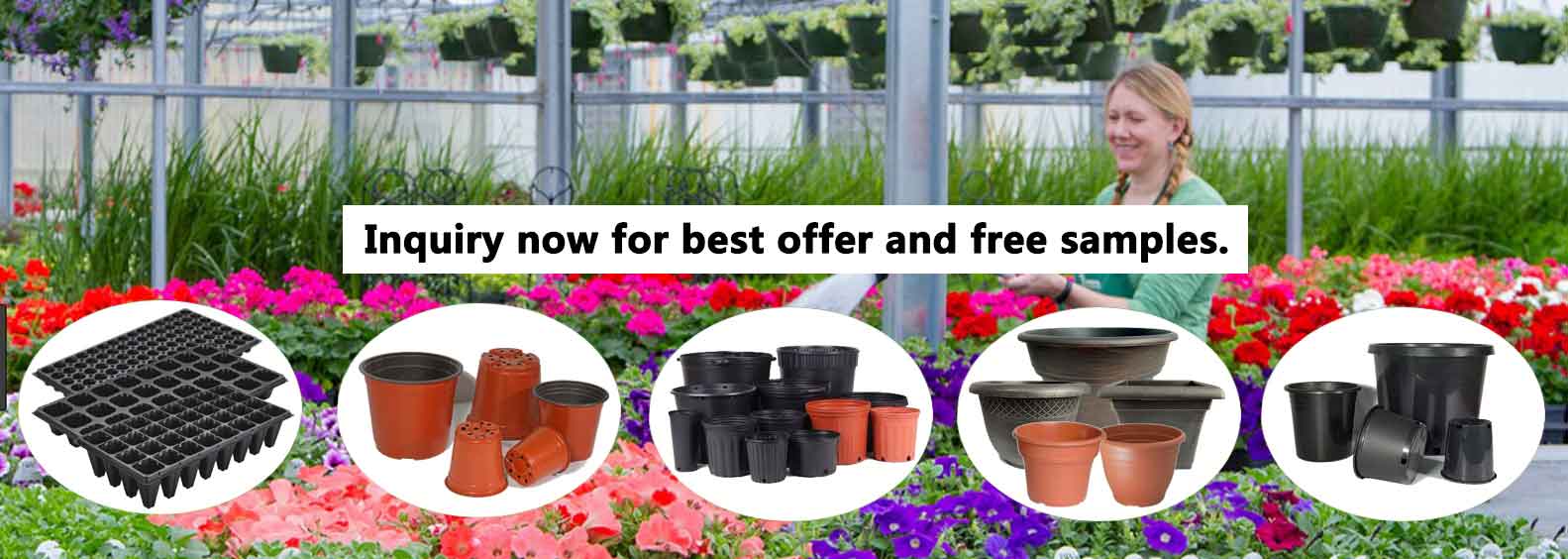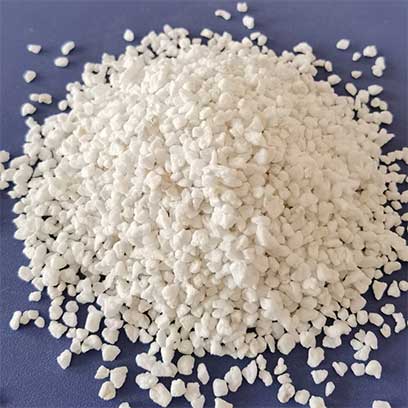Perlite Supplier Philippines - Wilson Garden
Perlite wholesale Philippines
Perlite Wholesale Price Philippines, MOQ: 1 Ton! Free Samples, Fast Delivery! We are a professional expanded perlite supplier with more than 20 years of manufacturing experience!
We have a 35,000m² workshop area, serving customers worldwide. We can ship premium perlite to Philippines, such as Maynila, Dabaw, Cebu, Quezon, San Fernando, Baguio, Iloilo, Batangas, Calamba, Bacolod and many other cities.
Sizes of perlite for sale Philippines
Our expanded perlite size: 1-3mm, 3-6mm, 4-8mm, 5-10mm, 8-15mm, 10-20mm. Perlite material is usually divided into fine perlite and coarse perlite according to the size of individual particles.
✅ Coarse Perlite: Larger particle size. Strong drainage performance. Ideal for soil conditioning and insulation concrete. Common in horticultural and construction use.
✅ Fine Perlite: Smaller and uniform particles. Smooth mixing performance. Used for plastic seed trays, plaster, and coatings. Suitable for precision applications.
Chemical composition of perlite Philippines
SiO2 Content (%): 70-75%
Fe2O3 Content (%): 0.15-1.5%
Al2O3 Content (%): 12-16%
MgO Content (%): 0.2-0.5%
CaO Content (%): 0.1-2.0%
K2O Content (%): 1.0-4.0%
Na2O Content (%): 2.5-5.0%
Loss On Ignition: <1.0%
Expanded Or Not: Expanded
Perlite Supply Color: White
Perlite H.S code: 6806200000
Best Perlite Origin: China.
We supply high-quality expanded perlite for wholesale and project-based buyers. Custom grading is available for large-volume orders.
Perlite price Philippines
We supply perlite and vermiculite at good quality and competitive prices. You can use our cheap perlite for horticulture, agriculture and construction.
Our perlite is lightweight, clean, and chemically inert. Stable supply for distributors, growers, and contractors. The more you buy, the less the cost.
If you are buying perlite in bulk, such as horticultural perlite, agriculture perlite, construction perlite, please contact vincentwilsongarden@gmail.com for free samples and best offer, buy more save more!
What Is Expanded Perlite?
Expanded perlite is a natural volcanic mineral. It expands under high heat. The result is a lightweight, porous material. It improves drainage, insulation, and aeration. Widely used across growing and building industries.
Why Choose Us as Your Perlite Supplier?
Consistent quality control. Competitive wholesale pricing. Flexible order quantities. Fast response and professional support. We understand the needs of commercial perlite buyers.
Improve your greenhouse and planting setup:
Seedling Trays Philippines
Plastic Pots Philippines



